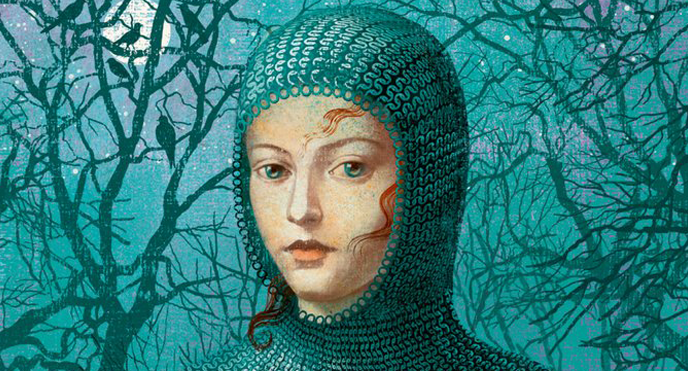Words matter. They're like icebergs; nine-tenths of their meaning lies beneath the surface. But that hidden meaning has mass, it has momentum. A single word can crush your pretty sentence, or paragraph or even scene, like tin. The Britain of Hild's time was a seriously multi-ethnic, multi-lingual place. She would have heard Old English of West Germanic origin (what she called Anglisc), a variety of Brythonic Celtic dialects (British), Ecclesiastical Latin (Latin), and Old Irish (Irish). Old English was foundational for me. I began by reading several different translations of the extant poetry. I also read the original/s (they come in a variety of recensions) -- though I admit my understanding of the language is pitiful. I can puzzle out a few phrases but I'm lost without the bilingual editions.
-
-
Authors on the Books that Helped Them Come Out Reading may be a solitary experience, but for some of us, it let us know that we were not alone. While everyone’s story is different, many of us are united by our love of books and our belief that they have the power to bring us together and to show us that when we’re different, as Nicola Griffith writes, “we can be glad to be so.” Growing up gay can feel like an excruciatingly isolating experience, particularly without the resources to understand what it is exactly that makes you so different. Books gave us not only a sense of who we were, but who we could be. So whether you hid a copy of A Boy’s Own Story under the bed or kept Fingersmith in your sock drawer, between the covers we were able to find a world for ourselves within the world.
-
Authors and Editors in Conversation Sean McDonald: So, 7th-century England! How did that happen? Your last novel was a distinctly 21st-century crime novel. How did you end up writing Hild? Nicola Griffith: In my early twenties I was living in Hull, a depressed (and depressing) industrialised city in East Yorkshire. For a break, for my sanity, I went north up the coast, to Whitby.
